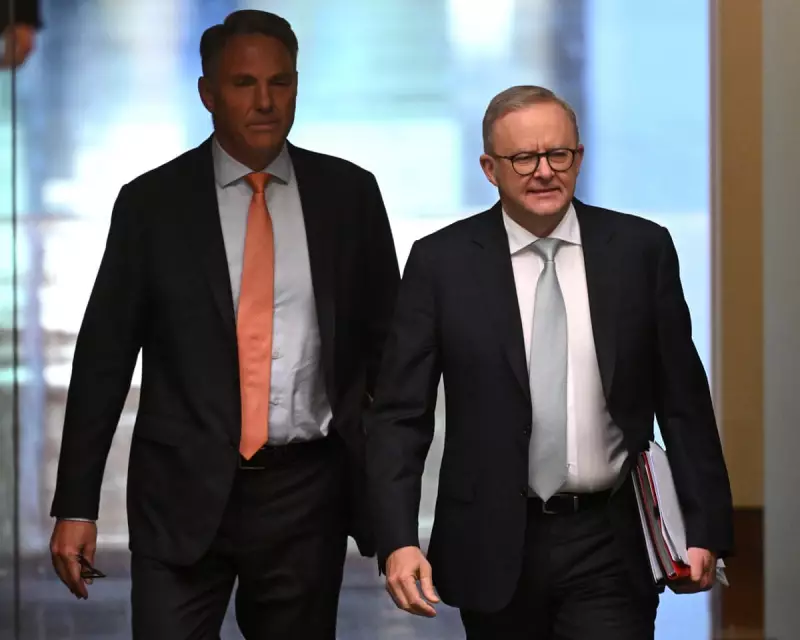
Australia is facing mounting pressure to formally recognise Palestine as a sovereign state, even if such a move risks provoking tensions with the United States, particularly under a potential second Trump presidency.
Growing Calls for Diplomatic Action
Foreign policy analysts and regional experts insist that Australia can no longer delay taking a definitive stance on Palestinian statehood. With the Israel-Palestine conflict remaining a flashpoint in global politics, Canberra’s continued hesitation could undermine its credibility on the international stage.
The US Factor
Should Donald Trump return to the White House, his administration’s staunch pro-Israel stance may complicate Australia’s diplomatic calculations. However, advocates argue that Australia must prioritise its own foreign policy principles over alignment with Washington.
Why Recognition Matters
Legal and moral obligations: International law increasingly views Palestinian statehood as legitimate, with over 130 UN member states already extending recognition.
Regional stability: A two-state solution remains the most viable path to lasting peace in the Middle East.
Global leadership: Taking a principled stand could enhance Australia’s reputation as an independent actor in international affairs.
Potential Consequences
- Strained relations with Israel and possibly the US
- Domestic political divisions
- Opportunities for strengthened ties with Arab and Muslim-majority nations
The debate comes as violence continues in Gaza and the West Bank, with civilian casualties mounting on both sides. As the international community grapples with how to address the crisis, Australia’s next steps will be closely watched.





